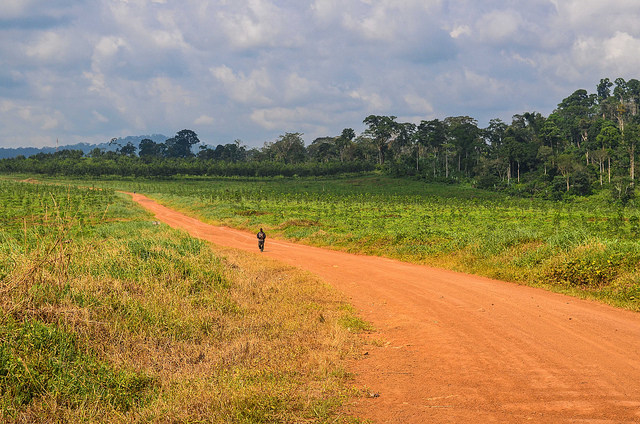Grantee Project
LGBT defenders in Cameroon face a difficult working environment— Eric Lembembe was savagely killed in July 2013 in Yaoundé, the capital of Cameroon; Roger Jean-Claude Mbede was jailed for sending an SMS saying “I love you” to a same sex person and ultimately died in jail in December 2013 as a result of the detention conditions and harassment he faced as a result of his sexual orientation. Lawyers and their clients receive threats, which are not investigated by police services. Cases have shown that mobile and Internet communications are used to collect information on alleged homosexuality, and that these communications are later used by the prosecution as material proof of homosexuality, which is considered a crime under Cameroonian Law.
Like other human rights defenders, LGBT defenders use ICT to communicate, prepare their work, organise their campaigns, and exchange sensitive files between lawyers and clients. For Internet Sans Frontières (Internet Without Borders), it is essential that these citizens, professionals and activists can perform their advocacy freely and use ICT to pursue this aim. LGBT defenders must be protected and must know how to protect themselves, their colleagues, sources and working documents.
Internet Without Borders collaborated with a number of local organisations (ADEFHO, Alternatives Cameroun, Humanity First, Affirmative Action) to organise a two-day training session in Yaoundé designed to develop the ICT skills of LGBT defenders in the use of tools that can guarantee the confidentiality of their exchanges, and protect their privacy. Tools include Text Secure, Thunderbird and PGP, Gibberbot, Pidgin and OTR. The training, funded by the Web We Want capacity building grant, will gather 10 community leaders over two days, during which participants will share their experiences and learn how to use these tools. In order to increase the sustainability of these trainings, Internet Without Borders is encouraging community leaders to share the knowledge gleaned during this training event with their own communities by organising locally based training sessions and by sharing the printed materials summarising the training content. Through these trainings, Internet Without Borders will participate in the shaping of the Web We Want: a Web that allows any citizen to organise in order to defend their human rights and the human rights of other citizens.
Contact: Julie Owono, head of Africa Desk julie@internetsansfrontieres.org Twitter @JulieOwono




Leave a Comment